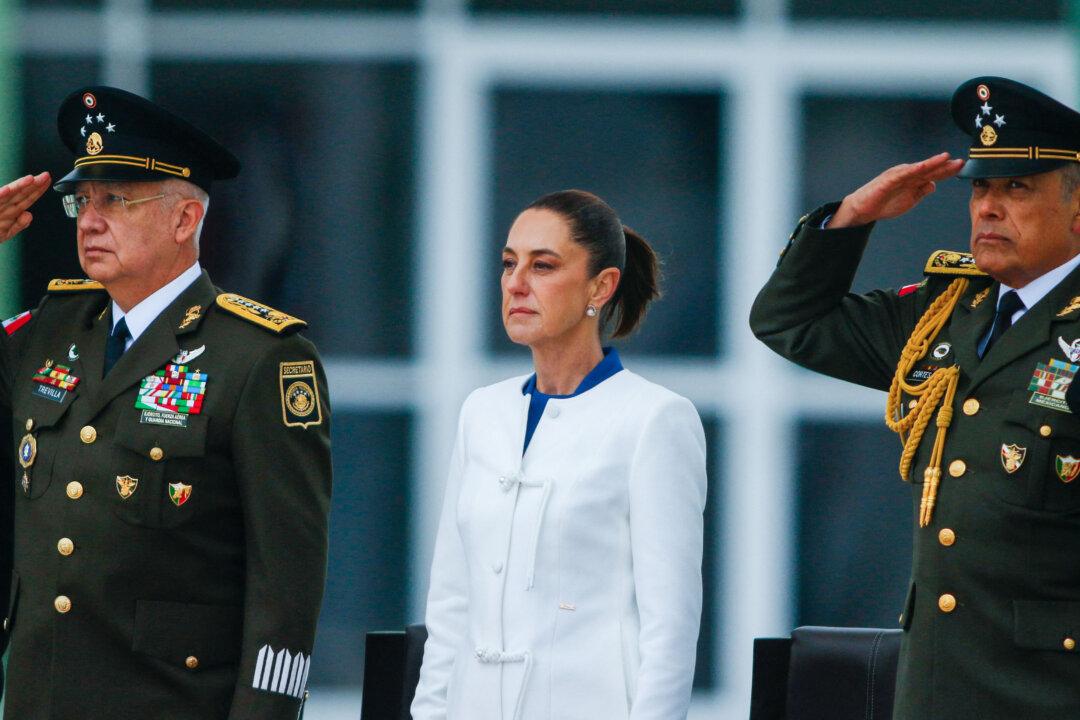Mexican President Claudia Sheinbaum announced plans Thursday to propose constitutional reforms aimed at protecting national sovereignty, following the United States’ recent designation of several Latin American crime groups as foreign terrorist organizations.
The move comes in response to an executive order signed by U.S. President Donald Trump on Jan. 20 and officially published in the Federal Register on Feb. 20. The order designated eight Latin American organized crime groups, including six Mexican cartels, as foreign terrorist organizations.





